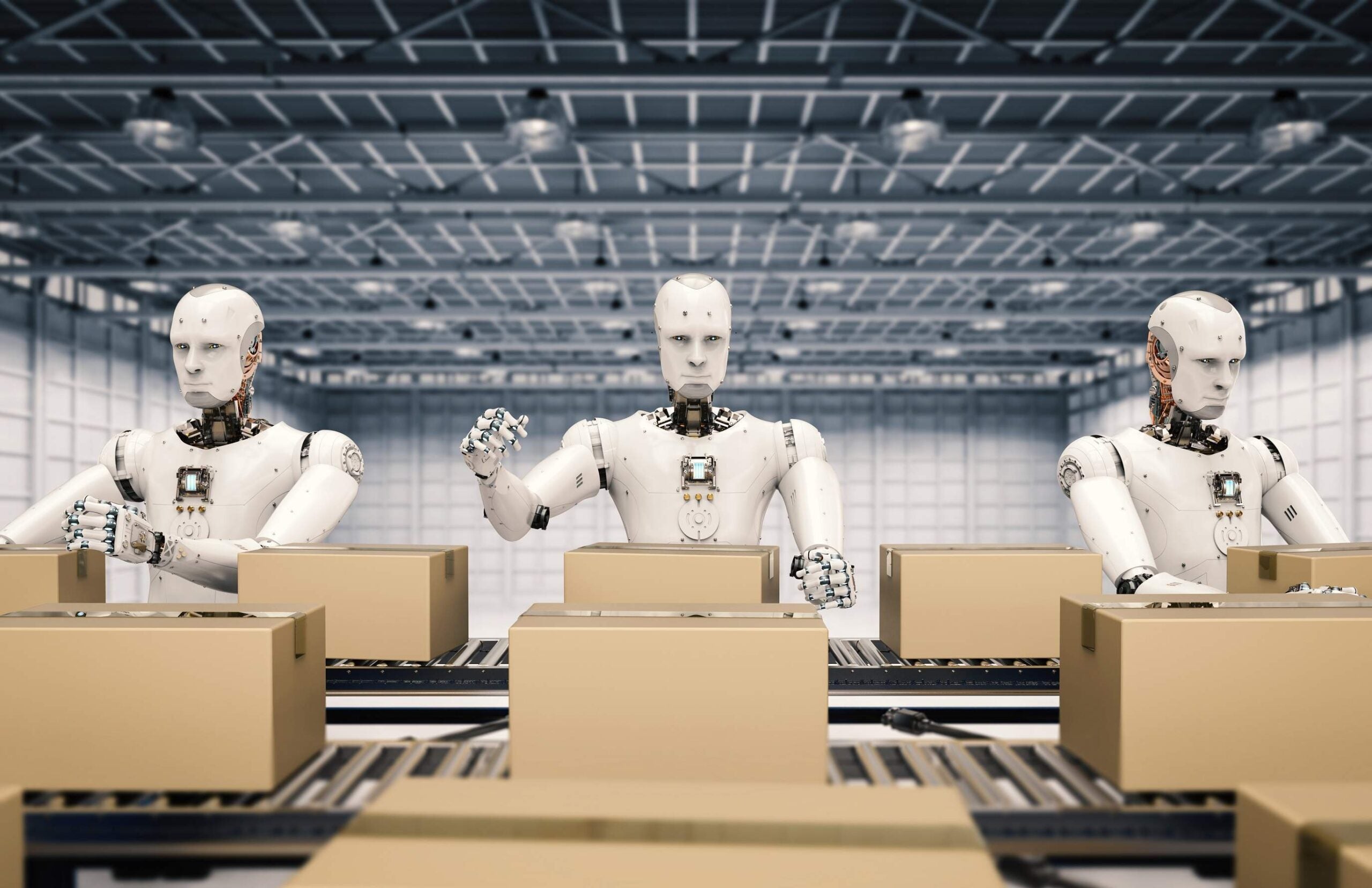
Robots in factories, hospitals, farms, and pelting down highways are set to contribute $14 trillion to the global economy by 2035, a new study has found.
The march of the machines is expected to boost business profits across 16 industries in 12 economies around the world by 38%, the report by electronics supplier RS Components said.

Access deeper industry intelligence
Experience unmatched clarity with a single platform that combines unique data, AI, and human expertise.
With the artificial intelligence (AI) market expected to explode from $8 billion in 2016 to more than $47 billion in 2020, these are some of the industries that the ground breaking innovation will disrupt, researchers say.
Healthcare and brain chips
AI-powered robots and machines joining the healthcare workforce will drive a 40% market boom, giving the medical industry a $6.6 billion shot in the arm by 2021, as robotic assistants provide critical support to patients in busy hospitals.
Virtual AI assistants can give understaffed hospitals a manpower boost, by treating between five and ten times as many patients with chronic illnesses.
They can also communicate with patients by answering routine questions diagnosis and suggesting treatment options.

US Tariffs are shifting - will you react or anticipate?
Don’t let policy changes catch you off guard. Stay proactive with real-time data and expert analysis.
By GlobalDataScientists will soon be able to use machine learning to identify patterns in huge sets of genetic data and medical records, to spot mutations and linkages to disease.
US tech company Kernal is also developing a neuroprosthesis implant for the human brain to stimulate the hippocampus, the part of the brain that plays a key role in memory.
The brain chip is designed to “mimic, repair and improve cognition” by electronically stimulating select neurons in people with dementia or a brain injury.
The cognitive boost is designed to offset mental disintegration by helping to create long-term memories, but it may one day be adapted to make us all smarter or give us mega-memories.
Working the land
Tractors of the future will be equipped with high-tech cameras to help farmers monitor and weed out crops.
The cameras will scan the fields and zap any weeds that are detected with pesticide. If the sensors detect crop, they will sew fertiliser.
The future of transport
AI is set to transform the face of the transport system with so-called hyperlanes, new roads built for self-driving cars-driving travelling at 120 mph.
Hyperlanes will be constructed alongside existing highways by 2050 to cut congestion and accidents.
Read more: Google founder Larry Page thinks electric flying taxis are going to take off
Autonomous planes carrying passengers and cargo will make their first flight by 2025, saving airlines an estimated $35 billion and improving airline safety and efficiency.
The study comes as experts on the front-line of AI research released a report warning authorities that the robot revolution poses serious security risks.
As AI and drones become more common place, the will be increasingly used by terrorists and cyber criminals to conduct attacks on an unprecedented scale scientists said.







